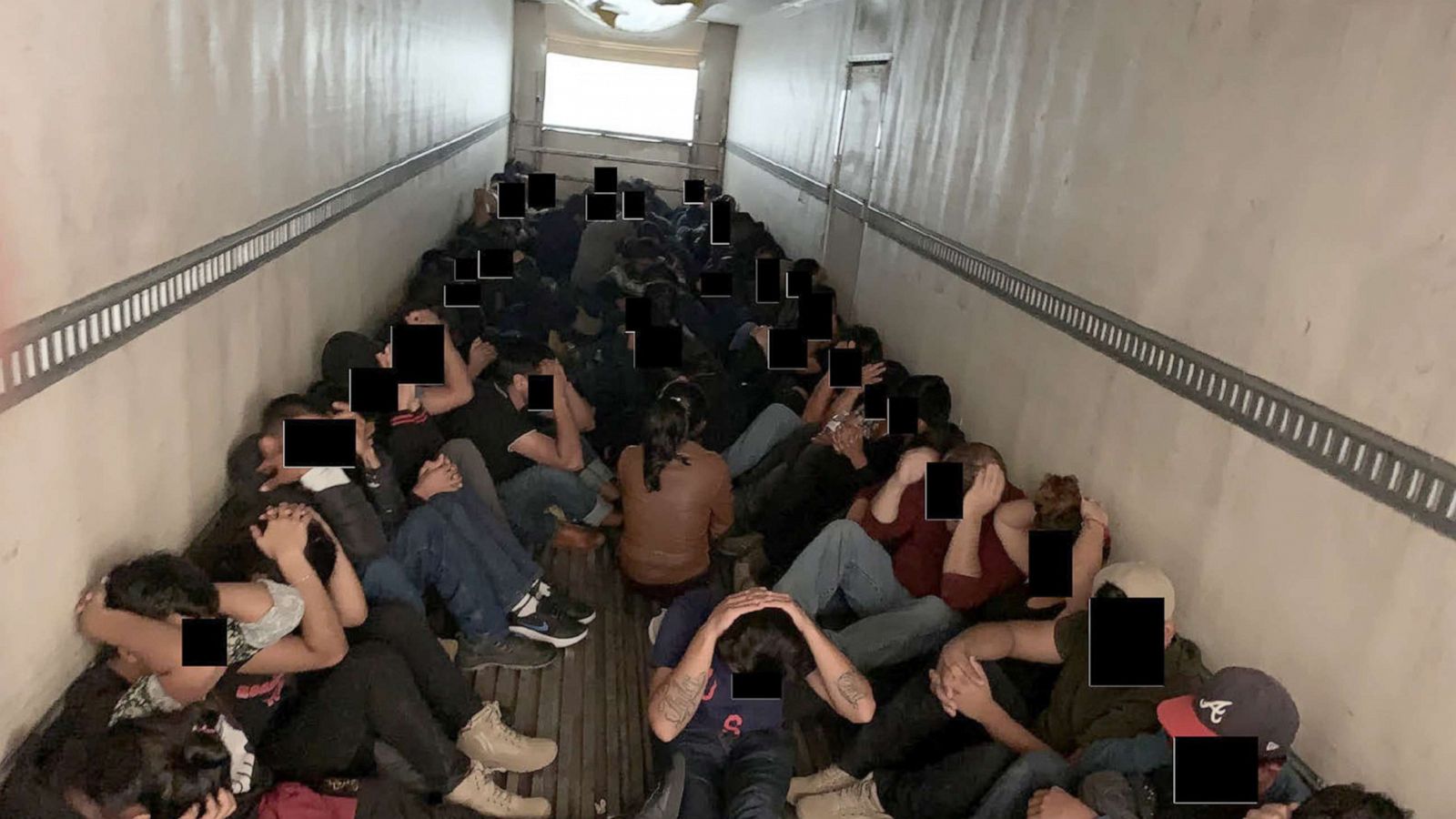
NGOCSTIP – Human Trafficking Rings in Bihar have recently been shattered in a major crackdown led by the state police. The operation, titled Naya Savera, took place from July 31 to August 14 and brought to light the deeply rooted human trafficking networks hiding in plain sight. A total of 112 individuals were rescued, including children and women, who had fallen victim to child labor and sex exploitation. The situation sparked national attention due to the scale of the rescue and the nature of the trafficking groups, many of which operated under the guise of cultural entertainment organizations. The state of Bihar has shown a firm stance in eliminating such exploitation, highlighting the government’s intent to dismantle these dark operations. Awareness is now rising among communities across the region as they confront the hidden horrors within their neighborhoods.
Investigators uncovered that traffickers exploited many victims by disguising their operations as performing arts. Rescuers saved 41 young girls and 64 boys from forced labor under harsh conditions. They also helped seven adult women escape from sexual exploitation. Law enforcement executed one of the state’s largest rescues in recent years through a strategic and coordinated effort. The operation exposed how theater groups in Patna, Kishanganj, and Araria attracted vulnerable individuals under false pretenses. Traffickers made empty promises to lure the victims and then subjected them to cruel treatment. Families have begun reuniting with their loved ones. Recovery and rehabilitation services now provide victims with essential support.
“Read about: 132 Vanished! Ethiopian Migrants Fall Victim to Deadly Trafficking Nightmare at Sea”
The Human Trafficking Rings in Bihar connected with a broader network that reached beyond local districts. Authorities arrested 50 individuals who operated as traffickers and filed 24 formal complaints under Indian laws, including the Immoral Traffic Prevention Act and the Child Labour Act. Furthermore, these legal steps reflect the justice system’s active commitment to prosecuting traffickers. Officials disbanded 19 orchestral groups that had exploited performers across several regions. In addition, community leaders and NGOs applauded the government’s decisive actions and encouraged stronger preventive policies. Meanwhile, they urged continuous vigilance to prevent new trafficking networks from emerging. Consequently, schools and community centers launched awareness programs to educate families about trafficking signs. Ultimately, they aim to increase public participation in spotting and reporting suspicious activities before further harm occurs.
Since January, state authorities have rescued over 1,000 individuals from various trafficking situations across Bihar and arrested approximately 250 traffickers. These numbers reflect the government’s commitment to intensifying its crackdown on the widespread trafficking problem. Officers located many victims in remote regions with limited access to legal assistance. Authorities designed and executed Operation Naya Savera in phases to ensure safe extractions without further trauma. The state now partners with national agencies and international organizations to build stronger systems for prevention and victim support. Officials have directed funding toward healthcare, counseling, and vocational training programs. These efforts aim to help victims return to society with new skills and greater independence.
“Read more: When Normal Growth Suddenly Stops: Rett Syndrome’s Terrifying Early Signs”
Public response to the exposure of the Human Trafficking Rings in Bihar has been one of outrage and solidarity. Social media campaigns have amplified the voices of survivors and demanded accountability from local authorities who may have turned a blind eye. Citizens are being urged to participate in watch groups and community alerts designed to catch early signs of trafficking. This case has also sparked discussions in parliament regarding the need for stricter surveillance and stricter penalties for trafficking offenses. Parents are being educated on how traffickers operate and how to protect their children. As Bihar continues to lead with bold actions, it serves as a powerful reminder that trafficking can hide in the most unexpected places. The momentum now lies with society to keep pressure on institutions and protect the vulnerable from exploitation.